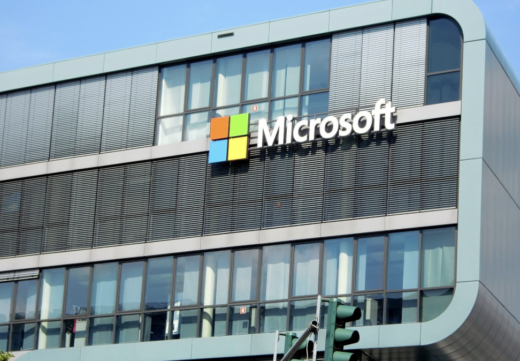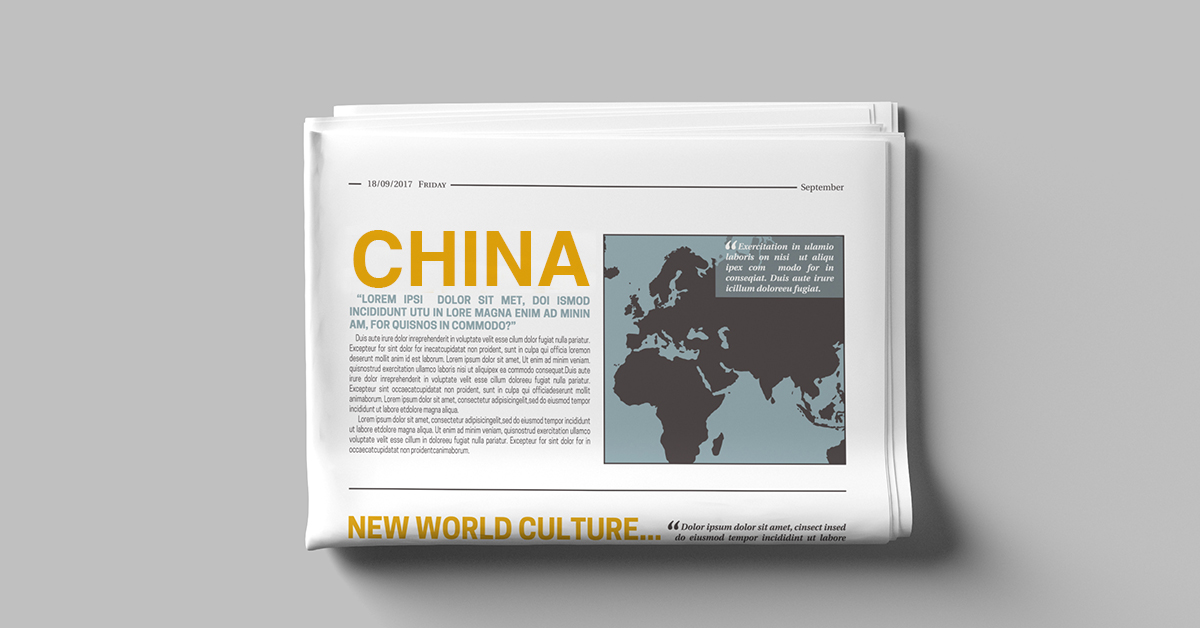TSMC Launches U.S. Production of Cutting-Edge Four-Nanometer Chips
BYD Auto outpaced Tesla in the fourth quarter of 2024, becoming the world’s largest seller of battery electric vehicles (BEVs). The Shenzhen-based company delivered 595,412 BEVs, 20% more than Tesla’s 495,570 units, thanks to a strong product lineup catering to middle- and low-income buyers. BYD also sold 918,556 plug-in hybrids, a staggering 120.7% increase year-over-year. In contrast, Tesla fell short of delivery expectations, reporting a 1.1% annual decline in sales to 1.79 million units. BYD’s total 2024 sales reached 4.27 million vehicles, positioning it to surpass Volkswagen.
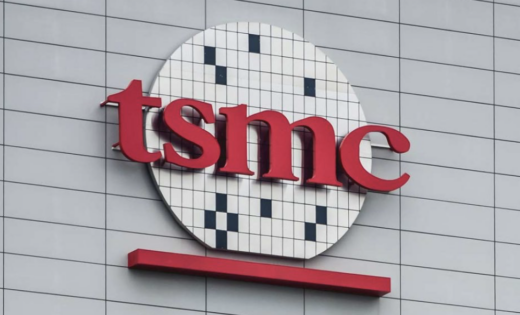
Tencent and CATL Challenge Pentagon's "Chinese Military Company" Listing
Tencent and CATL are planning legal action to contest their inclusion on a Pentagon list labeling them as “Chinese military companies.” Both companies, Tencent in social media and gaming, and CATL in electric vehicle batteries, have denied any ties to China’s military and expressed intentions to engage with the U.S. Department of Defense to remove the designation. The move follows a sharp drop in Tencent’s stock and concerns over future sanctions. Analysts suggest Tencent has a strong case, citing previous removals from the list, like Xiaomi in 2021.
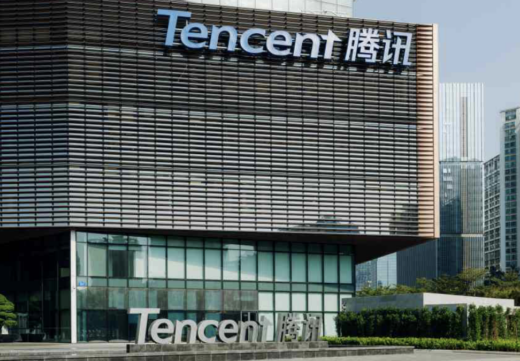
China Enforces Strict Gaming Regulations for Minors During Winter Break
Tencent and NetEase, China’s largest video gaming companies, are following government-imposed restrictions on gaming time for minors during the winter school break. Children under 18 are limited to 15 hours of gaming from January 13 to February 13 (Tencent) and 16 hours from January 15 to February 14 (NetEase), in a bid to combat gaming addiction. These limits were introduced by China’s regulators in August 2021, with a maximum of one hour of play per day on weekends and holidays. Both companies have implemented facial recognition technology to enforce these rules, ensuring young players don’t bypass restrictions.
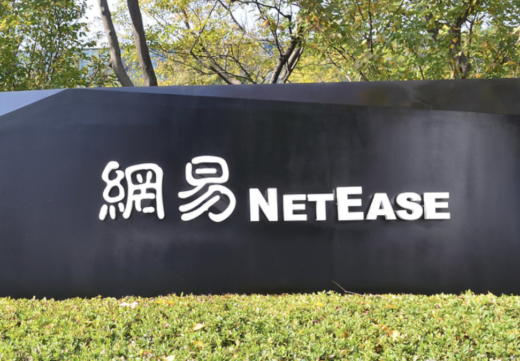
Nvidia's AI Chips Surpass Moore's Law, Promising Faster and Cheaper AI Progress
Nvidia CEO Jensen Huang claimed that the company’s AI chips are advancing much faster than Moore’s Law, which has guided computing progress for decades. He emphasized that by innovating across architecture, chips, systems, and algorithms simultaneously, Nvidia’s chips, like the new GB200 NVL72, are achieving up to 40 times the performance of previous models. This accelerated pace is expected to drive down the cost of AI inference, which could make AI models more affordable in the long term. Huang believes that Nvidia’s chips are 1,000 times better than a decade ago, indicating ongoing rapid innovation.
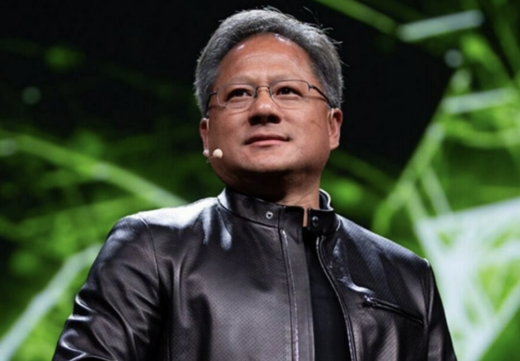
AWS to Invest $11 Billion in Georgia, Boosting AI Infrastructure and Jobs
Amazon Web Services (AWS) announced plans to invest $11 billion to expand its infrastructure in Georgia, supporting the growing demand for AI and cloud computing technologies. This investment will enhance the state’s position as a hub for digital innovation, creating at least 550 high-skilled jobs. The move reflects the broader trend of Big Tech companies, including Microsoft’s $80 billion investment in AI data centers, ramping up spending to meet the vast computing demands of AI applications. These developments also contribute to increased energy consumption, with AI data centers projected to use up to 9% of U.S. electricity by 2030.
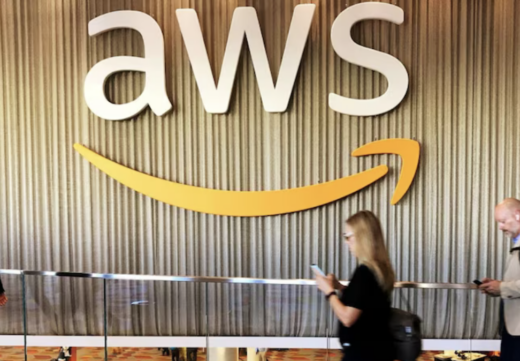
Meta Scraps Fact-Checking Program, Embraces "Community Notes" Amid Conservative Criticism
Meta Platforms has dismantled its U.S. fact-checking program and reduced restrictions on contentious topics like immigration and gender identity, responding to conservative pressure as President-elect Donald Trump prepares to take office. CEO Mark Zuckerberg emphasized a return to free expression and community-driven moderation. Meta will replace fact-checking with “community notes,” similar to X (formerly Twitter). The company will also halt proactive hate speech detection, focusing only on high-severity violations. These changes, part of a broader shift in Meta’s content moderation strategy, have sparked mixed reactions from fact-checking organizations and critics concerned about misinformation.
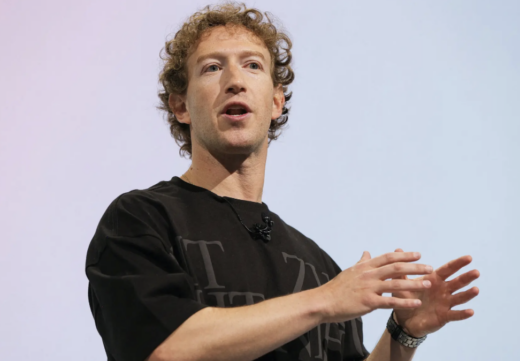
Microsoft’s $3 Billion AI Investment to Boost India’s Tech Growth
Microsoft plans to invest $3 billion to expand its AI and cloud services in India, where it has been active for over 20 years. The company aims to train 10 million people in AI, contributing to India’s AI-first vision. This investment will support AI startups and researchers, with a new data center region coming in 2026. Microsoft’s efforts reflect India’s growing prominence as a developer hub, with over 17 million developers using its GitHub. Additionally, Microsoft has signed an AI partnership with SaaSBoomi to foster AI and SaaS entrepreneurship in smaller cities, drawing more VC funding.
